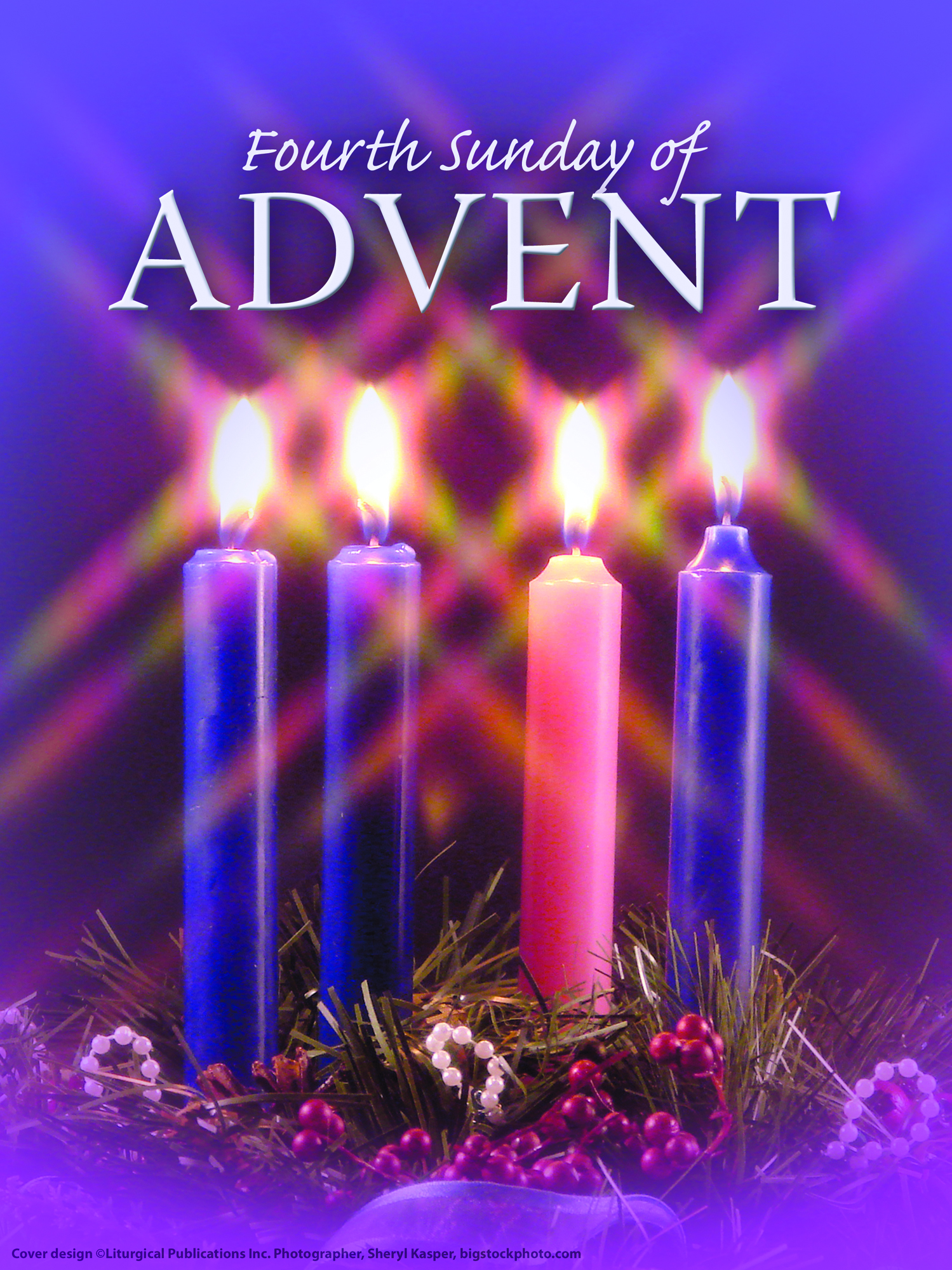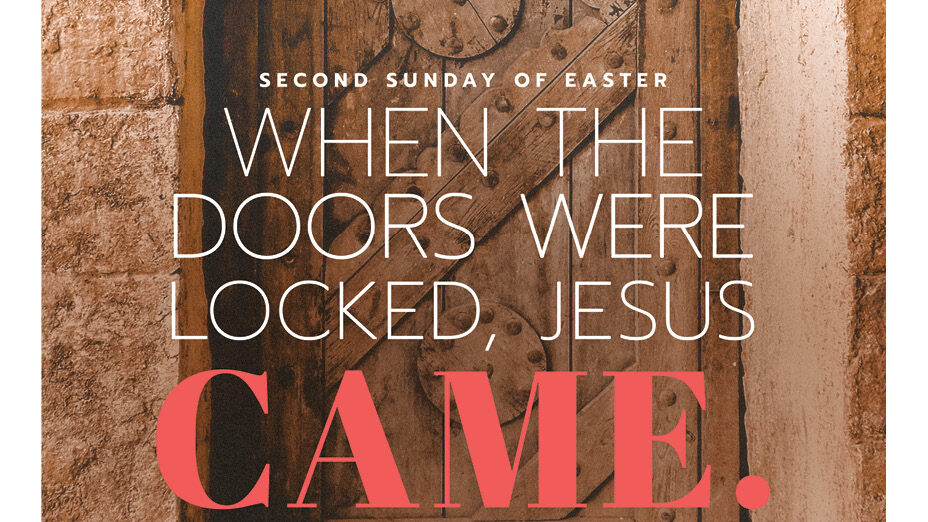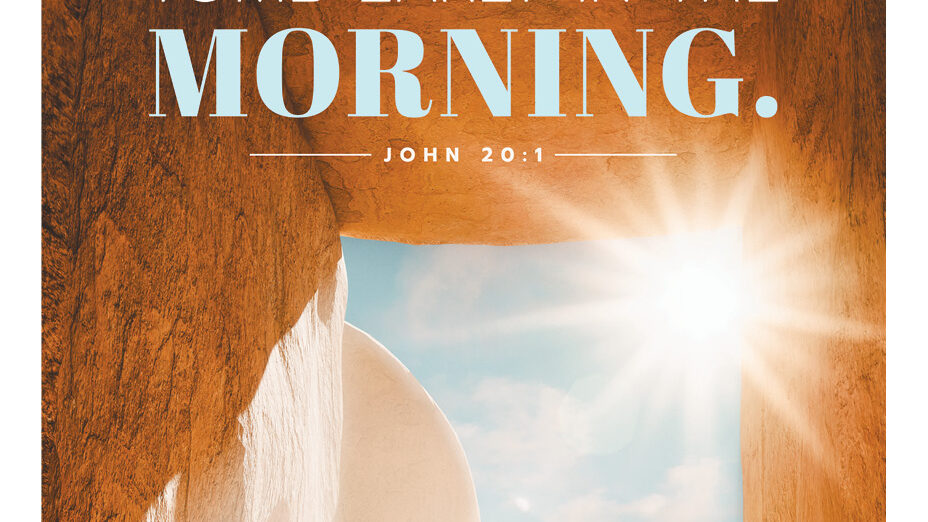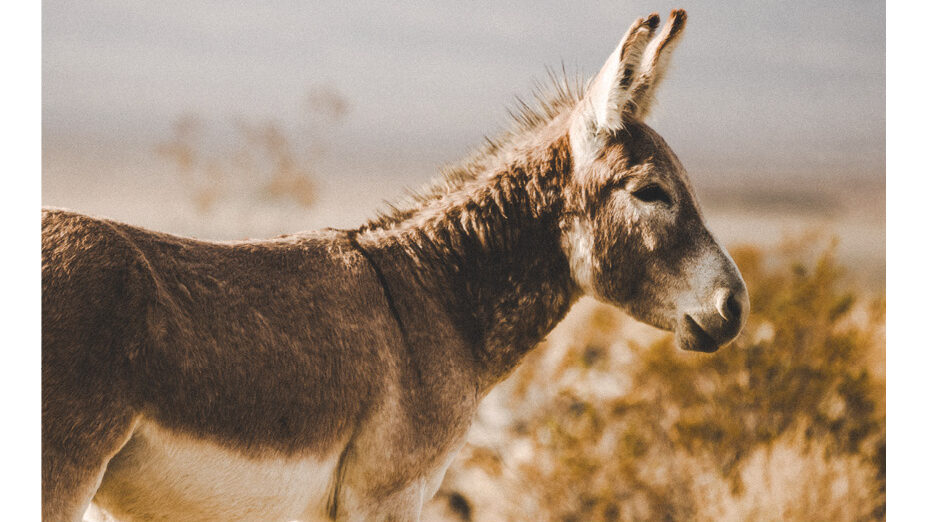Dec. 22, 2024
Dear Parishioners,
One of the basic principles in learning, studying, or enjoying a work is the attention to
detail. From scientists to artists, from technical designers to writers, the beauty or depth of an object of study or a work of art depends much on the little details. When we contemplate a flower or a painting, we often admire the subtlety of a petal or brushstroke. When we hear a song or music, the more sensitive and harmonious the vibration of the voice, the higher and lower the bass of the instruments, the more we can appreciate its richness. The closest and most specific example is how the ladies apply lipstick, makeup or draw their eyes, the more thorough and detailed they are, the more beautiful they are. No pore or wrinkled brow should be missed.
In the area of Bible study, the details in a text are all the more important. These details
may or may not be mentioned directly in the text, but as readers we must fill in the blanks with these details to make the story more complete and richer. In literature, when the details of an action or event that the author does not mention that we know must be present in the story are also the key points that invite the reader to enter the story so that the story permeates and transforms them.
In the Gospel of Luke, the first verse is, “At that time Mary set out on a journey, and
went in haste to the mountains, to a city of the tribe of Judah.” At a glance, we feel nothing
special or important, for we picture a woman eager to visit her cousin in another village. When we settle down a bit and let each inscription enter into our brains, we inevitably ask many questions. What made Maria eager? How far apart were these two cousins? Did Maria go with anyone, and by what means? These are familiar but necessary questions when we visit someone. We do it automatically in our heads, prepare many things, and then hit the road.
Mary lived in Nazareth and Elizabeth lived near Jerusalem, about 60 miles or 100
kilometers apart. And it’s not a highway, but a mountain pass that swings between the hot sands of the desert. Anyone who has made a pilgrimage to the Holy Land has witnessed the barren wilderness of Palestine. And then Maria had no oxen or donkeys to ride on, because Mary’s family was very poor. It takes a healthy man with a good walk four days to cross the 100kilometers of that trail. I remember well when I crossed the border by road from Cambodia to Thailand. The distance was only about 100 kilometers but it took us seven days.
What about Maria? How long and exhausted were the small legs of a country girl 15-16
years old be able to cross the high hills and dry, scorching land?
In life, there must have been difficult and terrifying journeys like the one Mary went to
visit Elizabeth for anyone. Who will protect us when the road is precarious? When the body is tired and the mind tells us to give up? When we are lost in a desert?
At those times, we can only follow Mary’s example. We need a moment of silence. We
must relive an encounter with God – through a retreat, through a prayer, through an encounter with God’s angel. Surely when I say this, many people will think to themselves, “Have I ever had the good fortune to meet an angel?” “Have I ever felt an encounter with God through a retreat or prayer?” “So, what do I have to reminisce about?”
To answer these questions, I assert that any of us have at least once met God. And that
encounter is not just a glance or a fleeting sentence, but a mysterious encounter from within, an encounter as mysterious and profound as Mary and the child in her womb. That is when we receive the Body and Blood of the Lord.
That encounter with God through the Eucharist is just as intense and magical as the
angel’s announcement to Mary, because when we accept the Body and Blood of Christ, we
receive God Himself into our hearts. That Holy Blood will dissolve in our blood. That Host will dissolve into our flesh and blood. Our flesh and blood are permeated by the power and grace of the Holy Spirit. When we receive Communion, the power of the Most High will envelop us as it enveloped Mary.
The only condition that allows that mystery to happen is that we must believe. Do I
believe that that simple little piece of bread contains the power of the Most High? Am I sure that this little wine is filled with infinite grace, and nothing can harm or overpower me?
That is the only thing that God requires is to believe the words of Jesus Christ: This is My
Body. This is My Blood. Whoever eats My Body and drinks My Blood receives me. Whoever
eats My Body and drinks My Blood will have eternal life.
Mary is called the Blessed One only because she believed in the angel. What about the
words that Jesus as God himself speaks to us? Do you and I believe it?
Convinced of the true value of the Eucharist, each of us will also be bold enough to
venture out eagerly. On the way to share the joy. On the way to our real homeland. Nothing can stop or hold us back. Only we have God within us. Maria believed and completed the journey beyond human strength. What about you and me?
In the Most Holy Trinity and in solidarity with you all,
Fr. Duc




